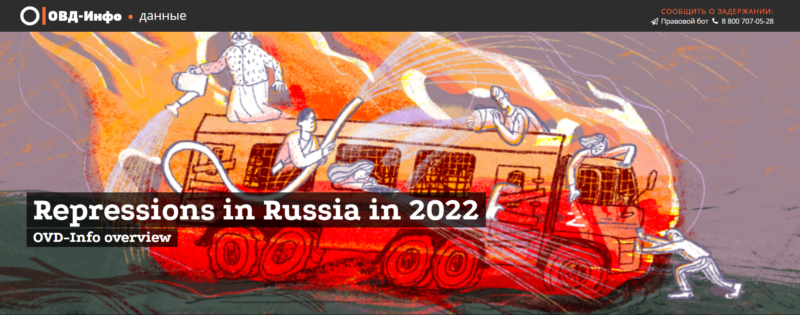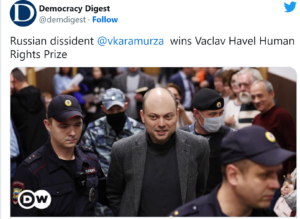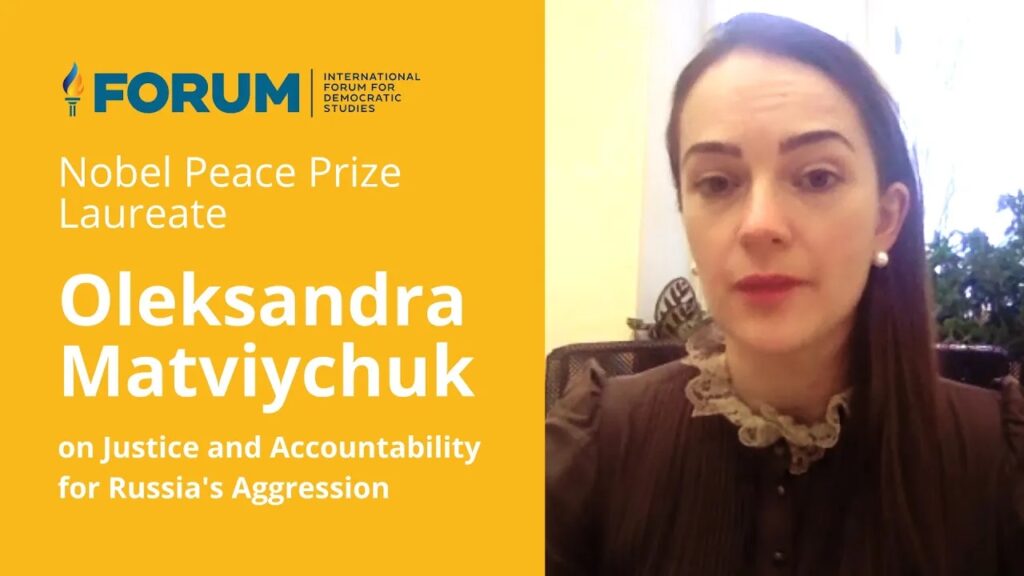
Credit: OVD-Info
Despite all his efforts since the start of his time in the Kremlin, Vladimir Putin has not been able to destroy Russian civil society, says Grigory Okhotin, the co-founder of OVD-Info, a legal-support network for the victims of police violence. Indeed, the Kremlin leader’s continuing efforts in that direction highlight his failures as much as his successes, analyst Paul Goble writes for Eurasia Review:
It is already obvious to the world that “the history of the Putin regime is above all the history of repressions and wars,” says Okhotin; and it is all too easy to fall into depression over the successes Putin has had in suppressing human rights and civil society in the course of his aggression ….But “despite everything,” Okhotin adds, “the Kremlin has failed to destroy civil society, which instead has changed, adapted to the new conditions and survived. All liquidated or banned NGOs and political structures continue to operate. And after the start of the full-scale invasion, hundreds of new initiatives have appeared to actively help Ukrainian refugees.”
 Repression should be understood as a form of communication between the state and its subjects, Okhotin told The Economist this week, addressing the sentencing of democracy advocate Vladimir Kara-Murza. “It’s like an invisible hand,” he says. It is felt more strongly when people start to push the boundaries of what is allowed. The authorities “move when people start to fear less. Demonstrative sentences are a sign of failure, of losing control.”
Repression should be understood as a form of communication between the state and its subjects, Okhotin told The Economist this week, addressing the sentencing of democracy advocate Vladimir Kara-Murza. “It’s like an invisible hand,” he says. It is felt more strongly when people start to push the boundaries of what is allowed. The authorities “move when people start to fear less. Demonstrative sentences are a sign of failure, of losing control.”
Ukrainian civil society activist Oleksandr Matviichuk* made it very clear what is necessary in her Nobel Prize speech, Goble adds – a recognition of the true nature of the war and the threat that the Putin regime represents. “This is not a war of two states,” she said. “This is a war of two systems, authoritarianism and democracy.”
*A recipient of the National Endowment for Democracy’s 2022 Democracy Award.








